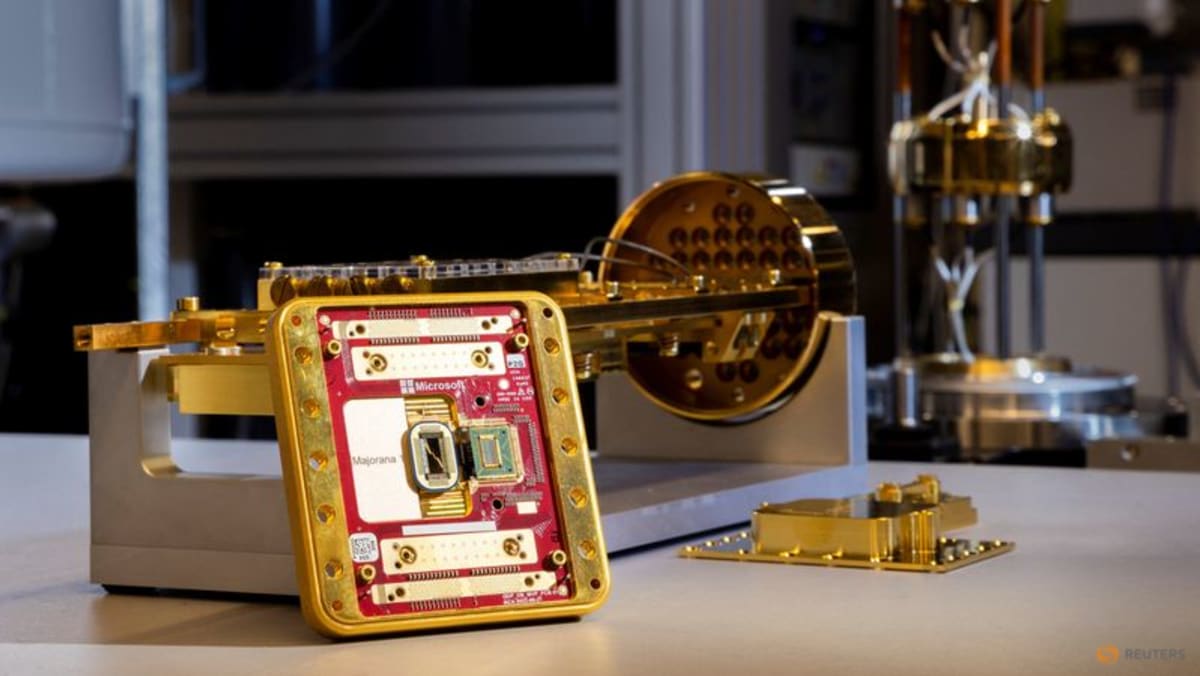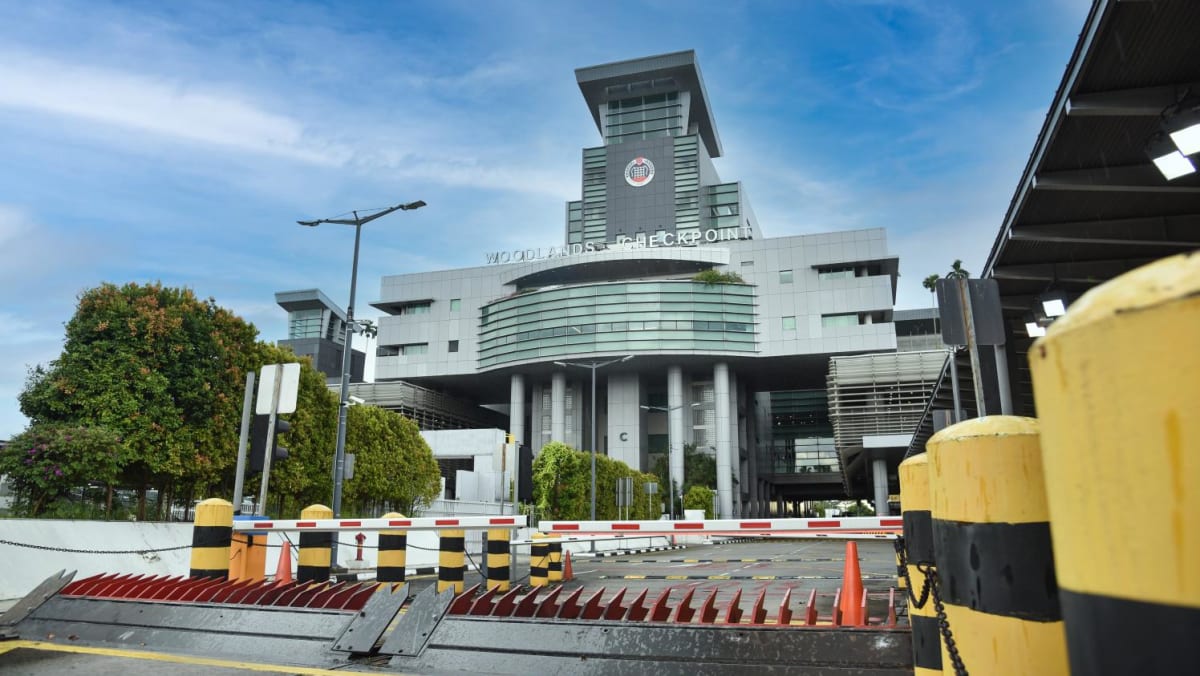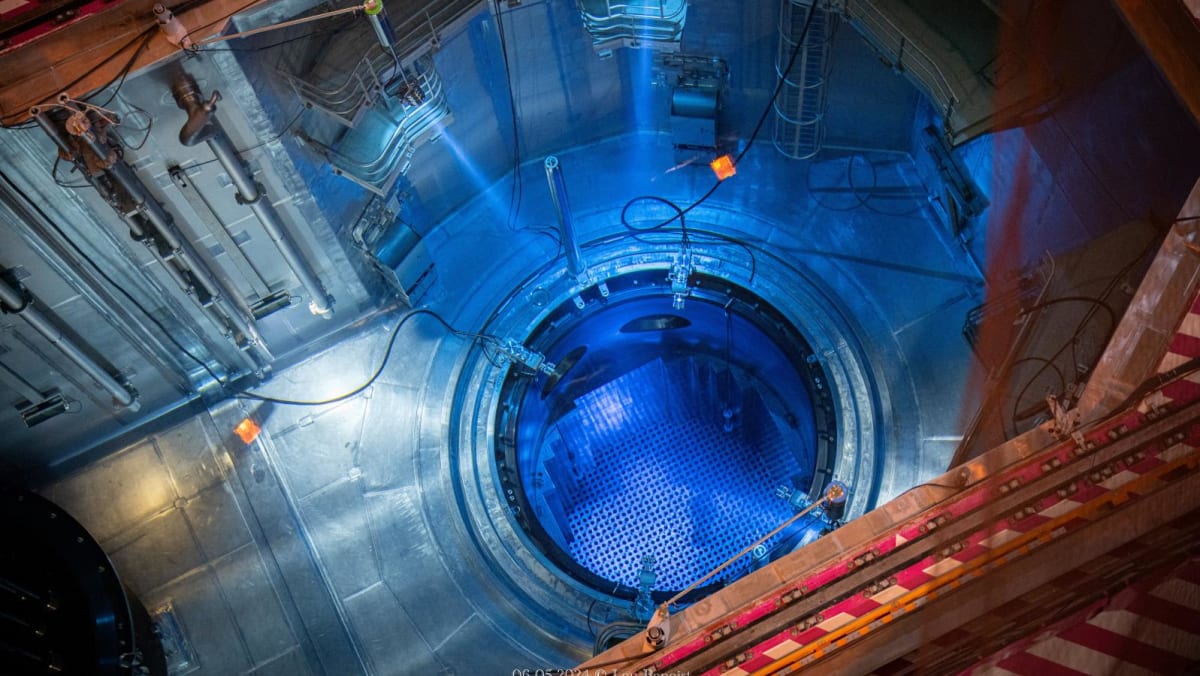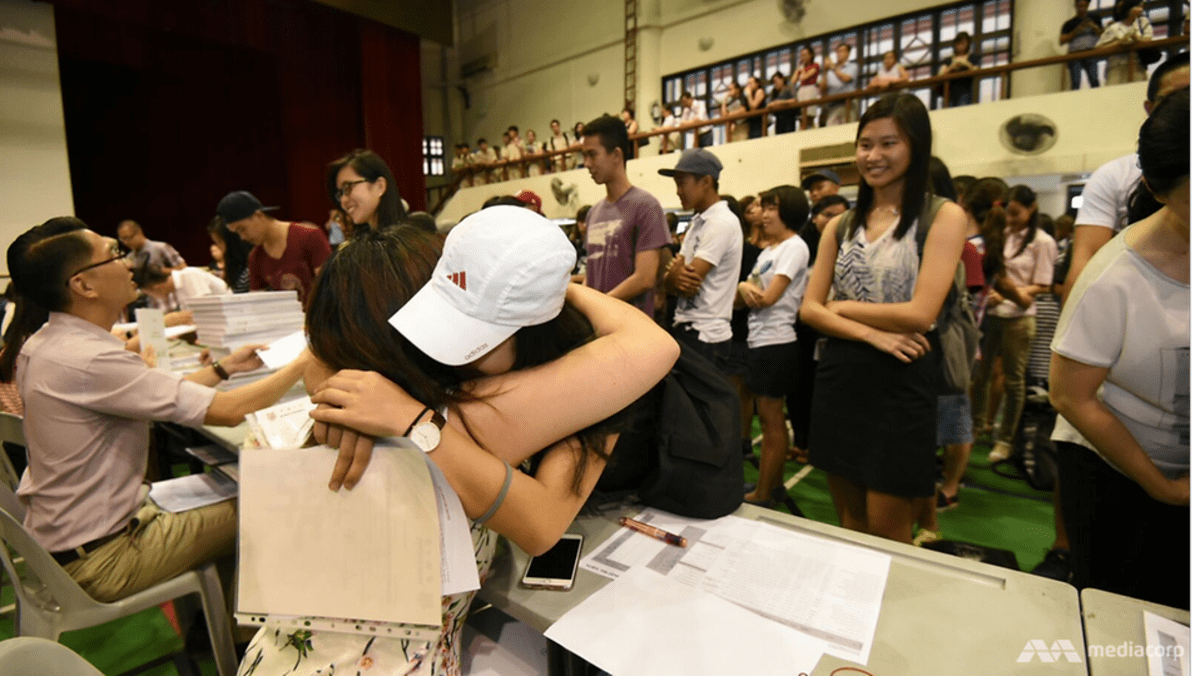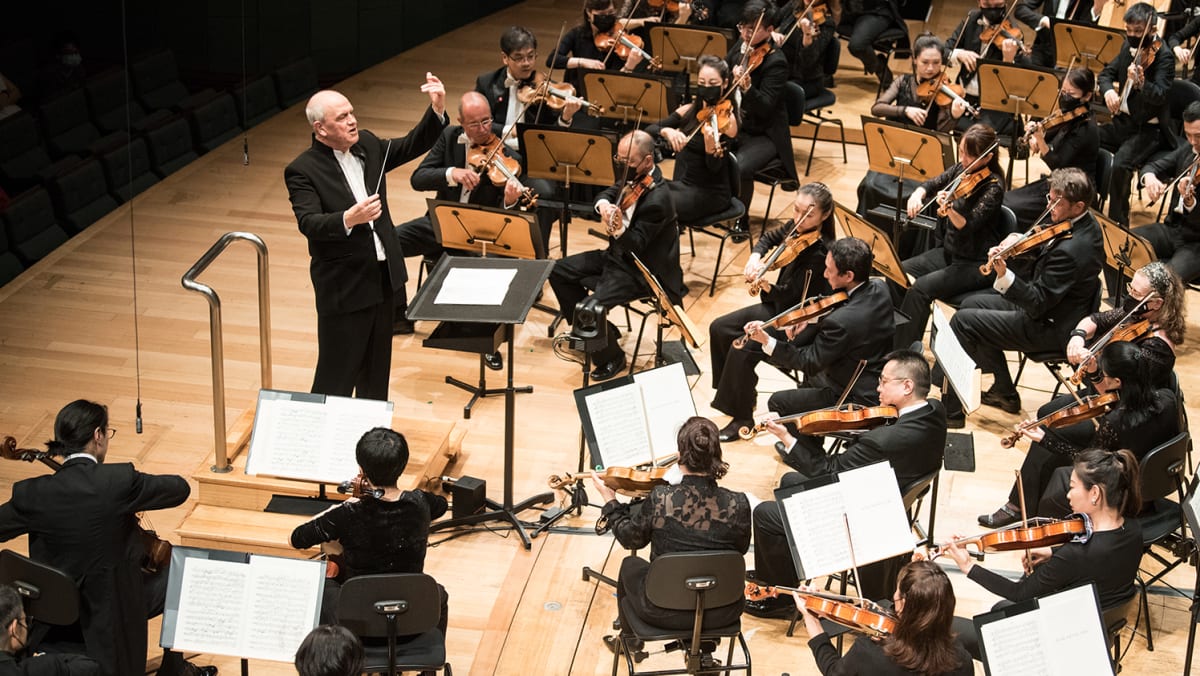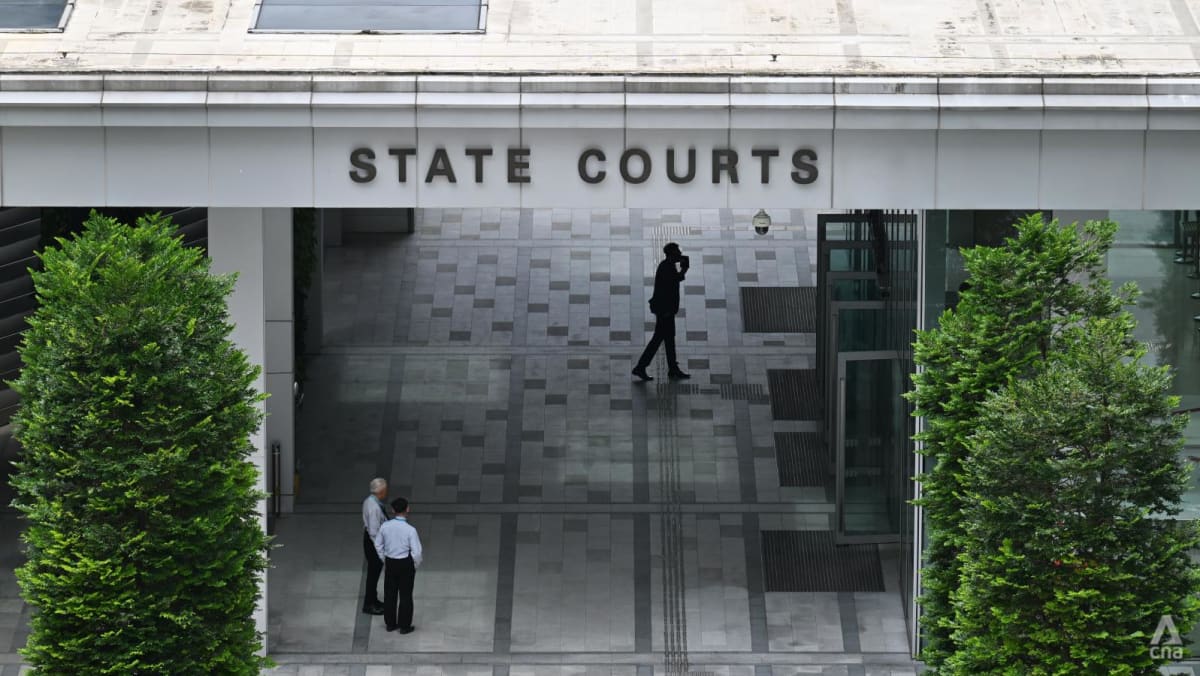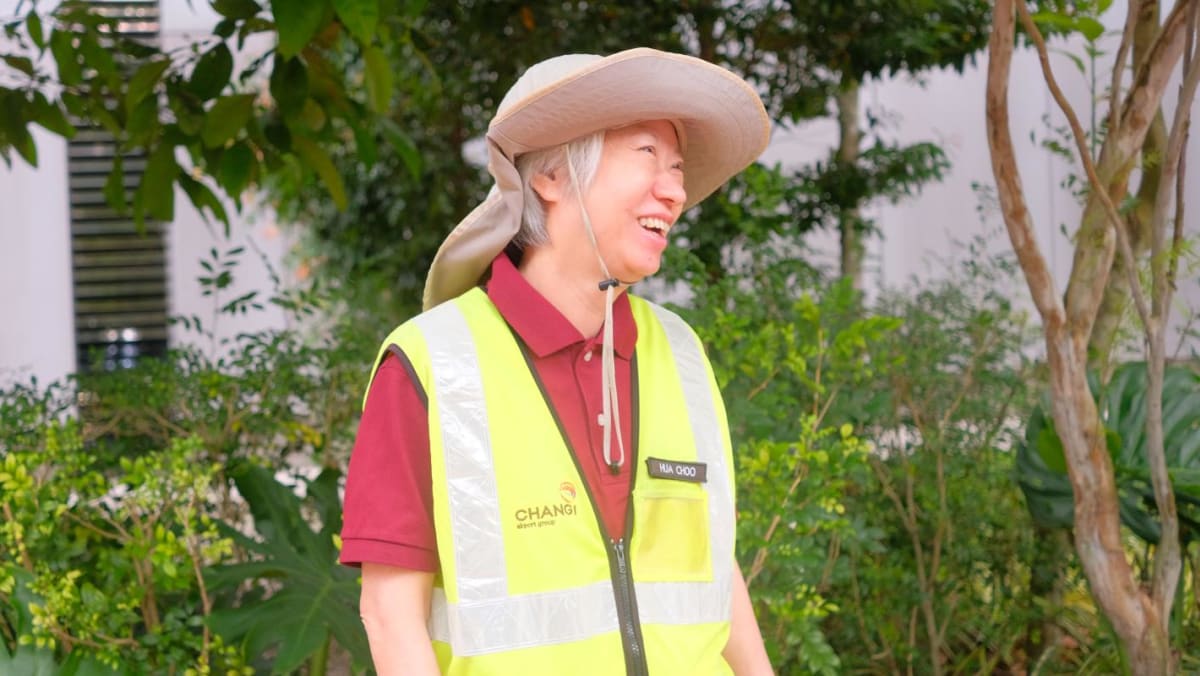SINGAPORE: Advances in nuclear technology, particularly compact reactors, have made atomic energy a more feasible option for land-scarce Singapore compared to a decade ago.
But to harness this powerful source of clean energy, questions about how to manage radioactive waste and earn public acceptance must first be answered, observers told CNA.
Prime Minister Lawrence Wong announced in his Budget 2025 speech on Tuesday (Feb 18) that Singapore will study the potential deployment of nuclear power and build its capabilities in this area.
In 2012, a government pre-feasibility study concluded that nuclear energy was unsuitable for deployment in Singapore given the technologies available at the time.
A decade later, nuclear energy appeared in an expert report on Singapore’s energy transition to 2050 as a clean alternative that could join the fuel mix once “technologically mature and economically viable”.
And last year, after announcing plans to build a pool of about 100 nuclear energy experts in the medium to long run, Singapore signed a “123 Agreement” on civil nuclear cooperation with the United States.
Small modular reactors (SMRs) are a key innovation that has made this change in stance possible, energy experts told CNA.
Compact and scalable, SMRs are a fraction of the size of a conventional nuclear reactor, and can be prefabricated for easier transport and installation. Their output is about one-third the generating capacity of conventional reactors, or 300 megawatts per unit.
They are also safer, said Mr Somnath Kansabanik, principal at Rystad Energy.
“Gen III and IV reactors, which are newer generations of nuclear technology, feature ‘passive safety systems’ designed to significantly reduce accident risks,” he said.
SMRs are already in use in Russia and China. The United States, Europe and Britain are also pursuing SMR projects, and corporations like Meta, Google and Amazon have recently announced large investments in nuclear technologies, including SMRs.
Closer to home, Indonesia, the Philippines and Thailand have joined the US’ Foundational Infrastructure for the Responsible Use of Small Modular Reactor Technology (FIRST) programme and launched nuclear feasibility studies, said Mr Kansabanik.
Advanced SMR technologies are at a “tipping point for becoming commercially viable” and it makes sense for Singapore to consider them afresh, said Mr Nick Ash, Southeast Asia energy business leader at Arup.
Nuclear power could enhance Singapore’s energy security and support its goal of achieving net-zero emissions by 2050, he noted.
Singapore still relies on natural gas, a fossil fuel, for about 95 per cent of its electricity supply, making it vulnerable to price volatility and supply chain disruptions.
If advanced nuclear technology becomes viable, it could contribute up to 10 per cent of the nation’s electricity supply by 2050, said Professor Lee Poh Seng, executive director of the Energy Studies Institute.
